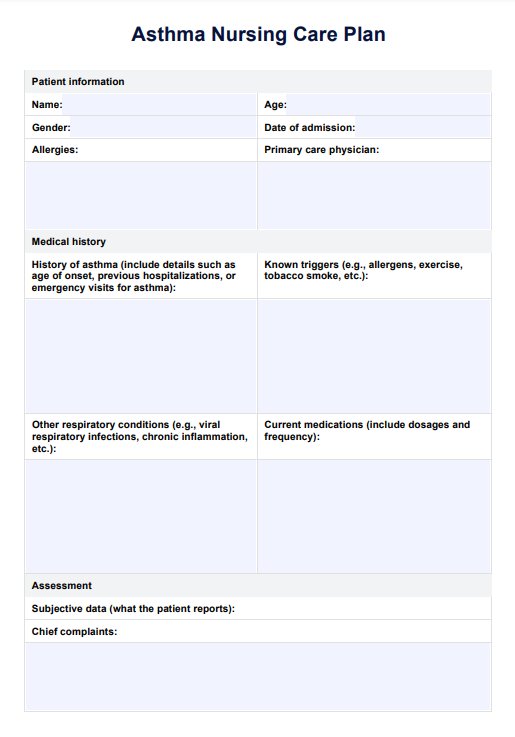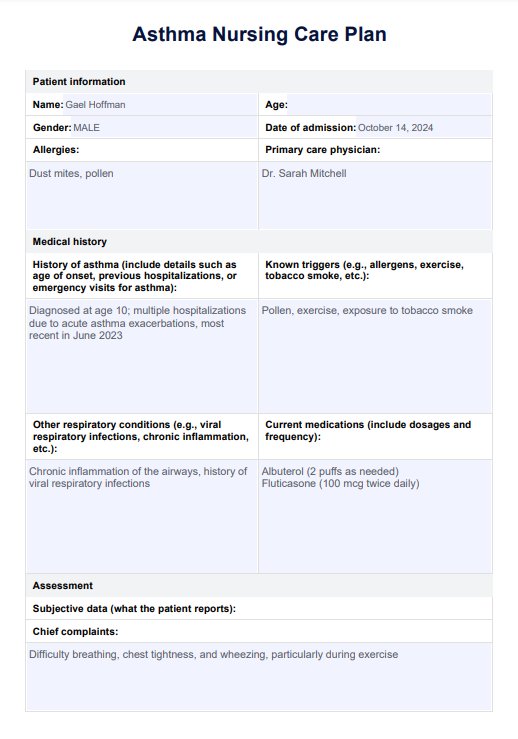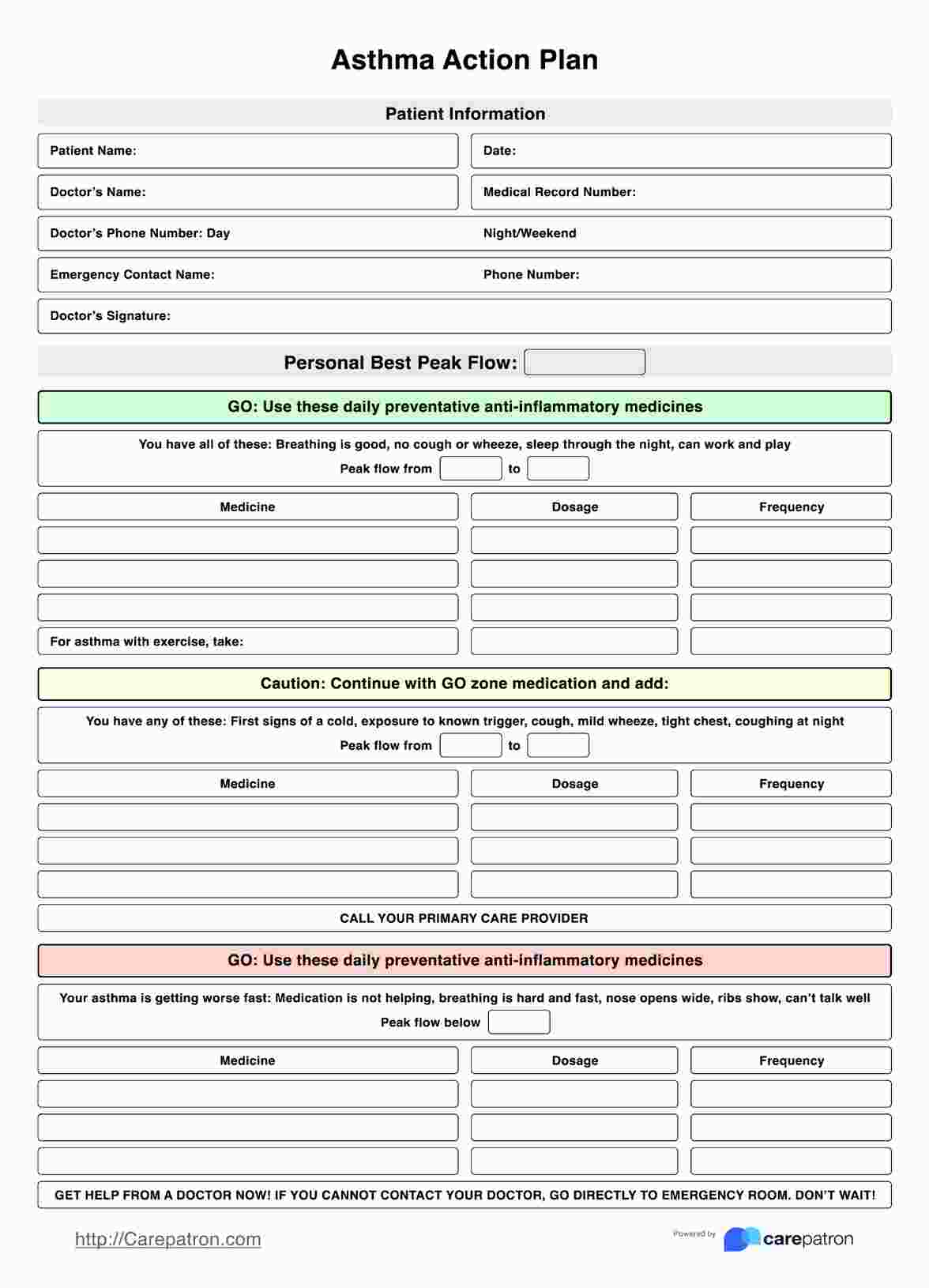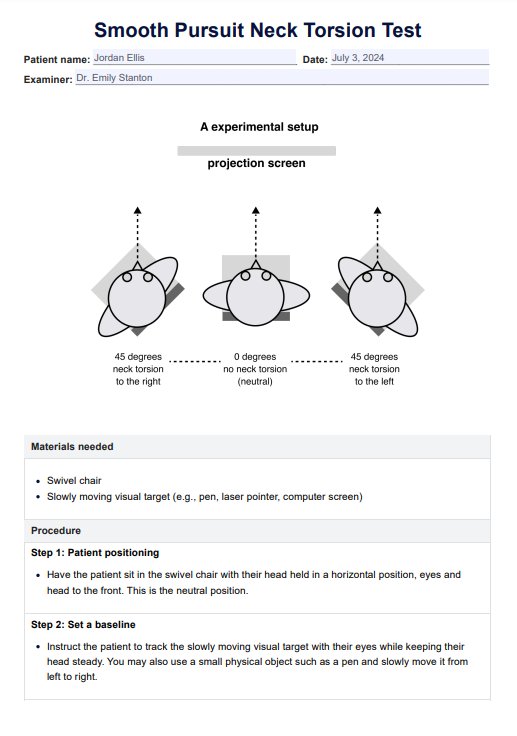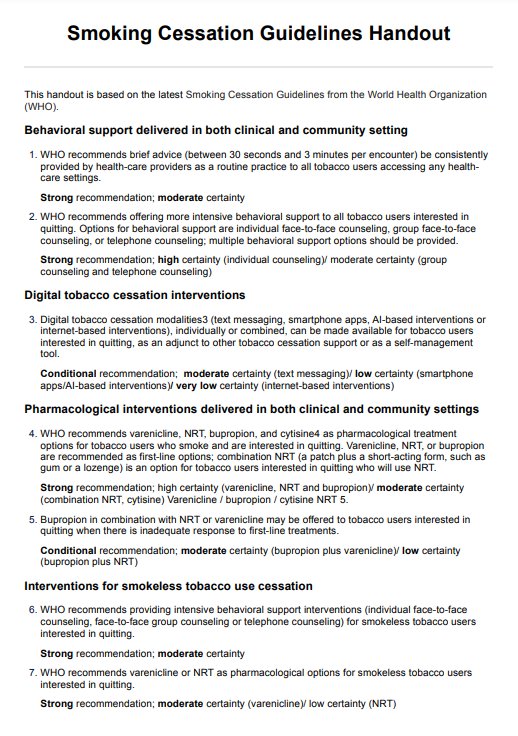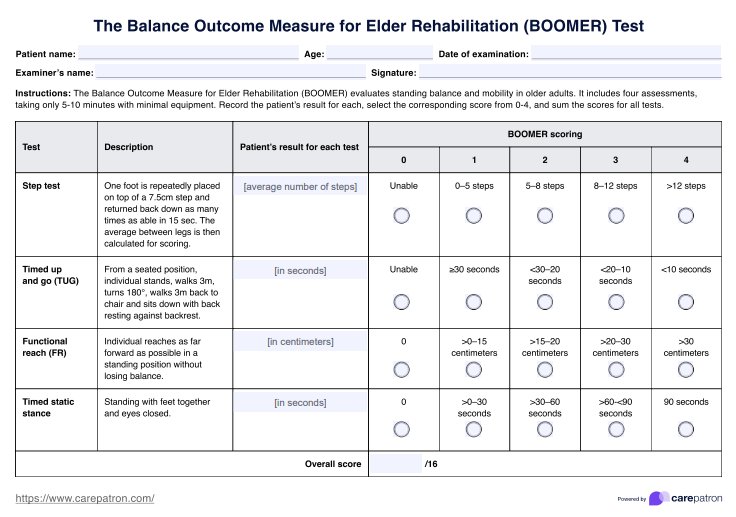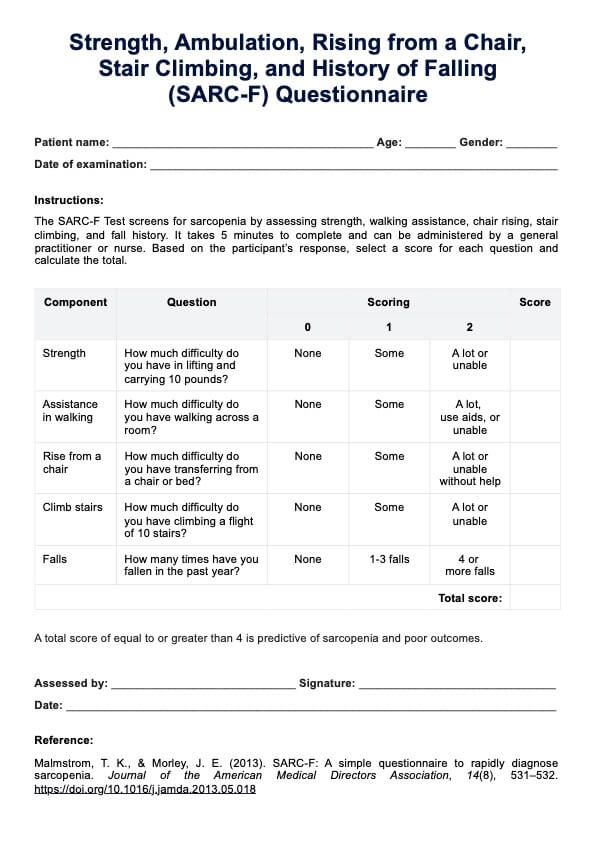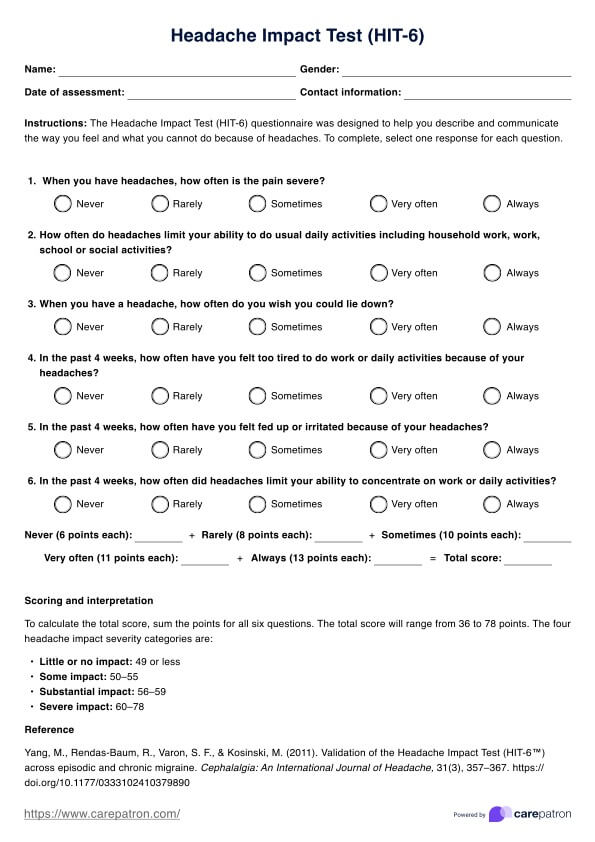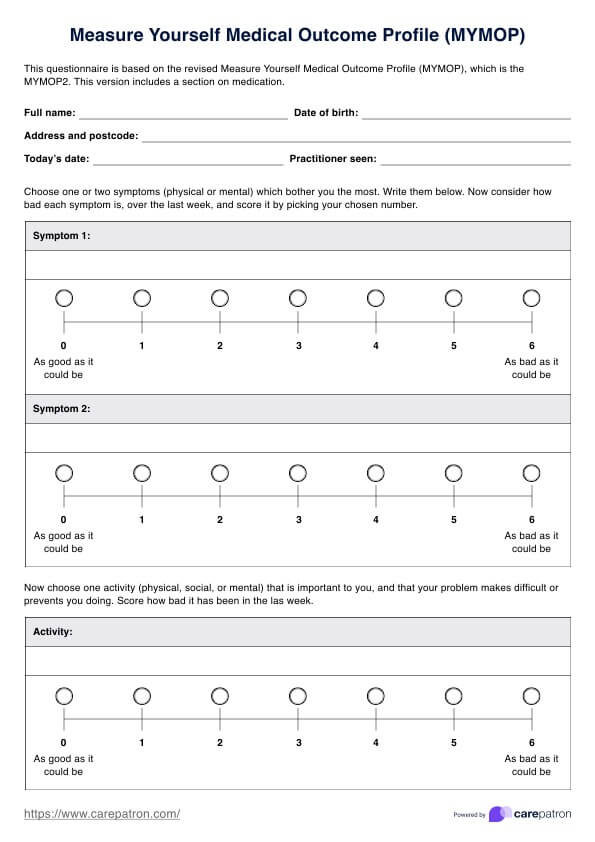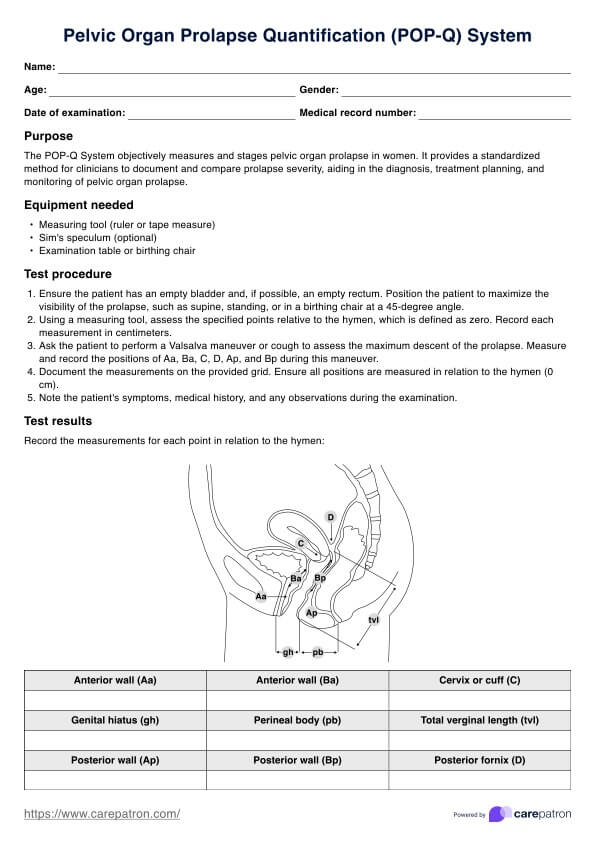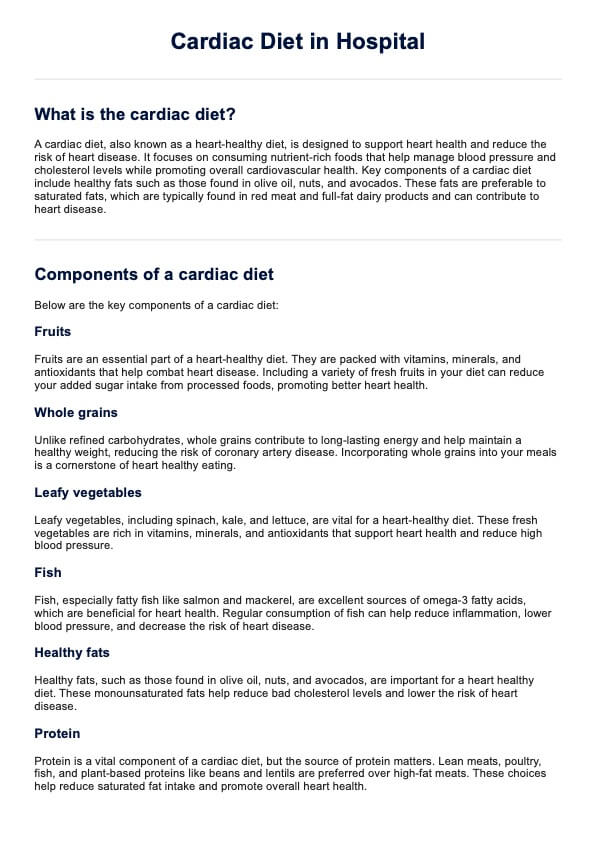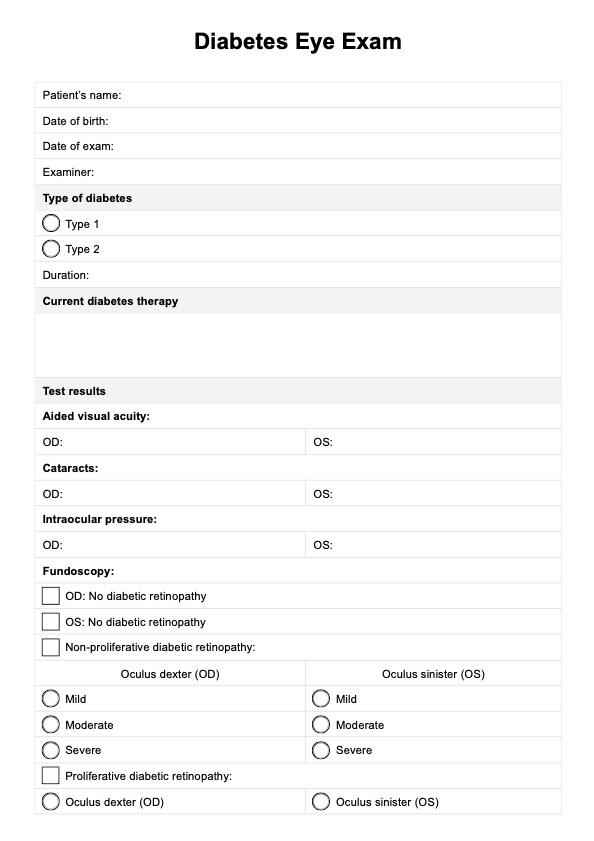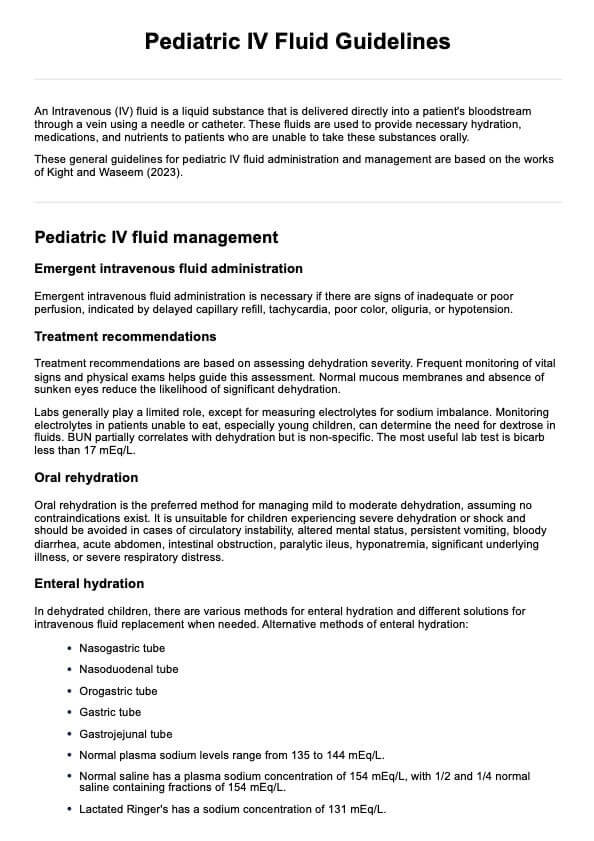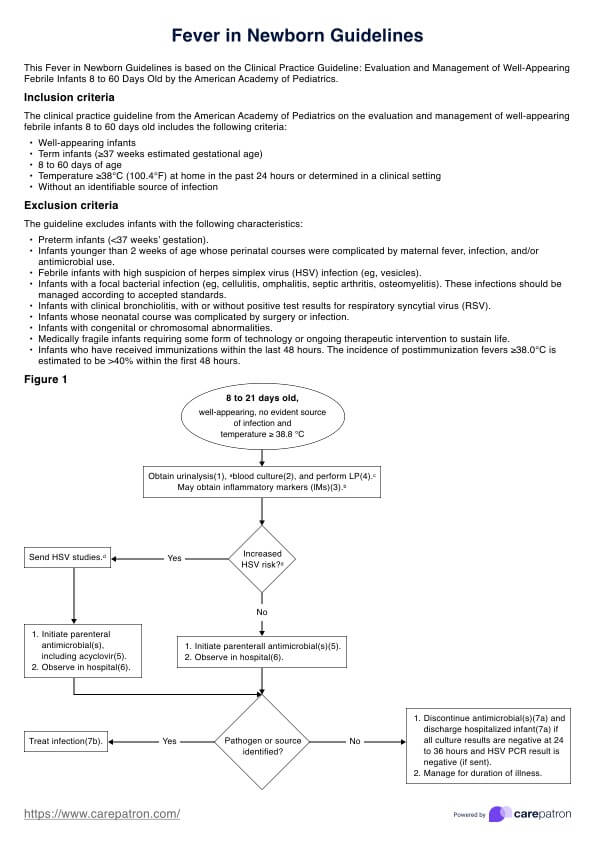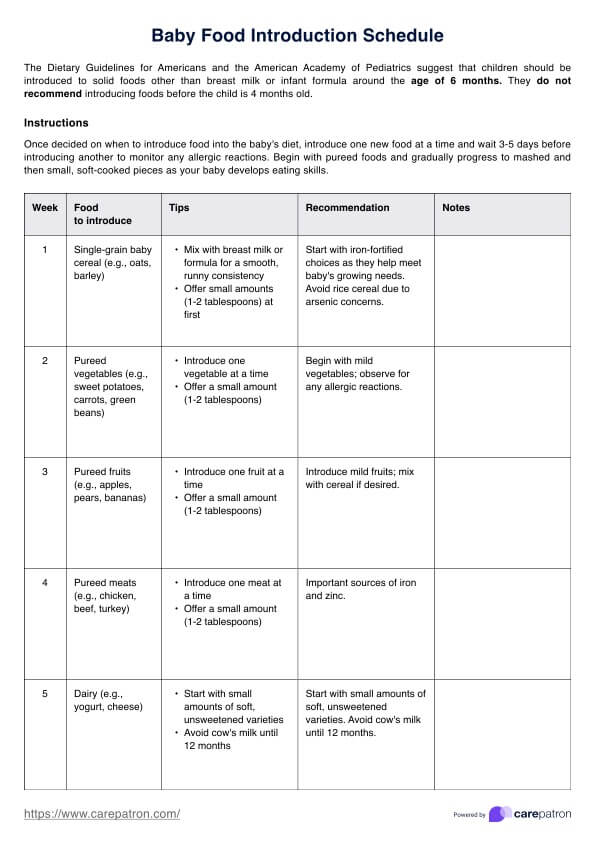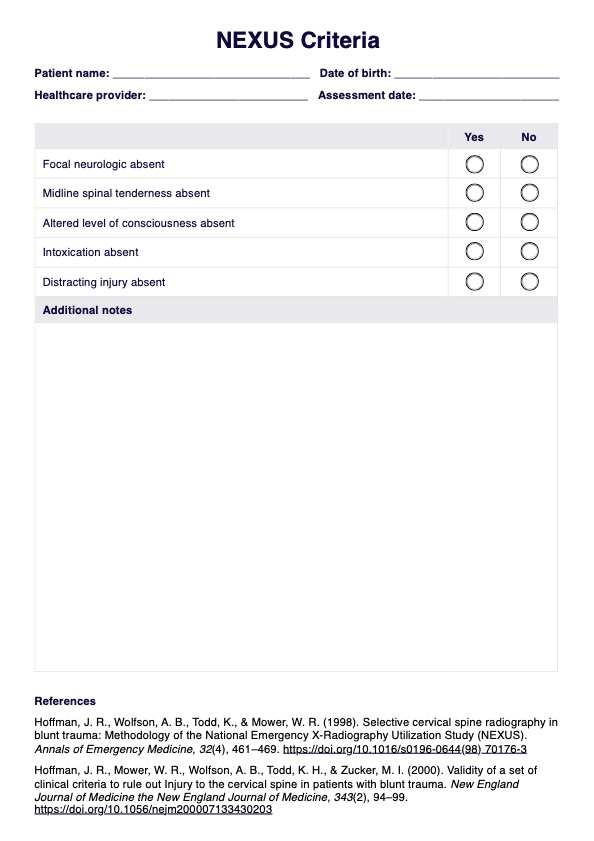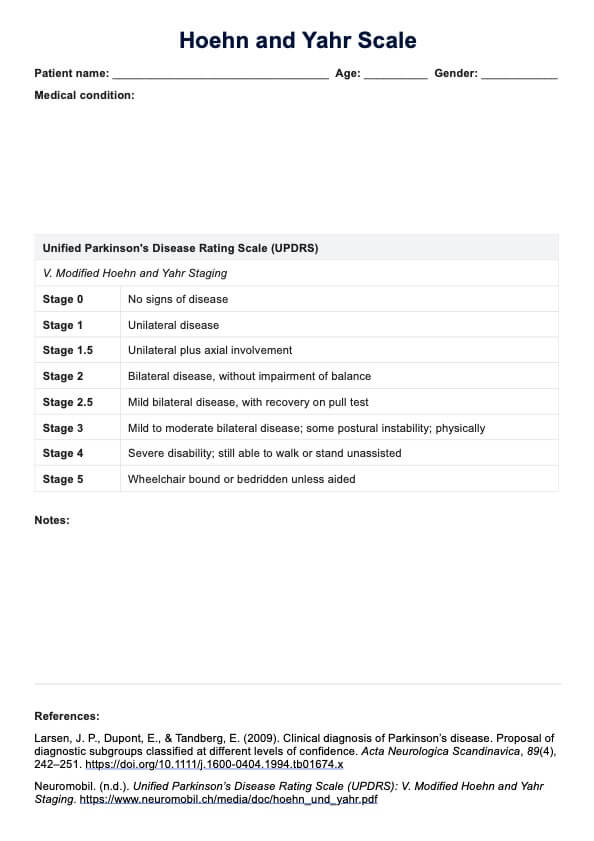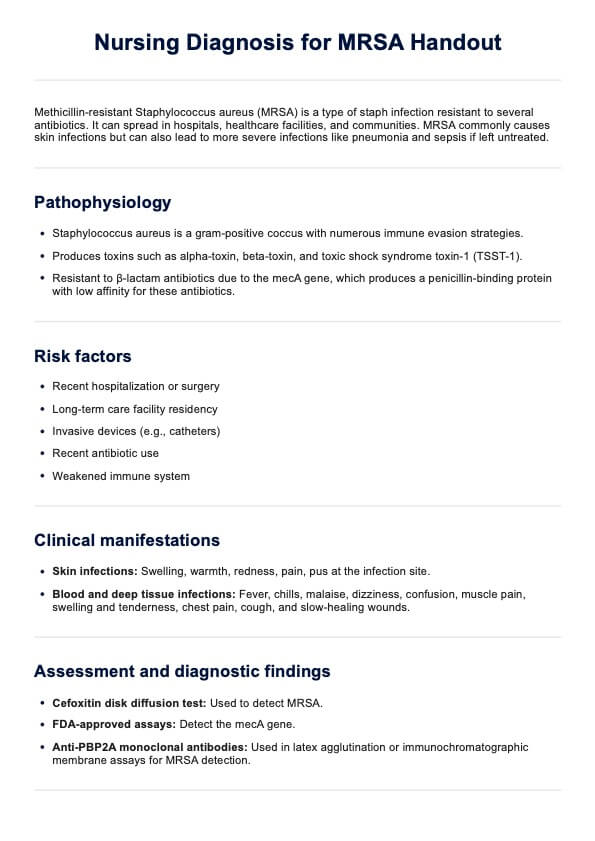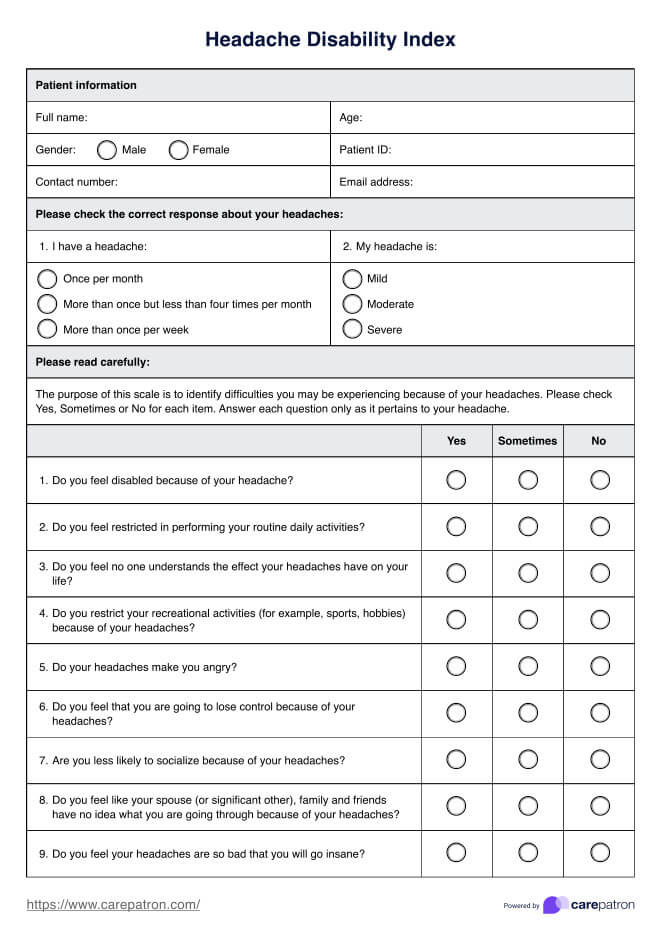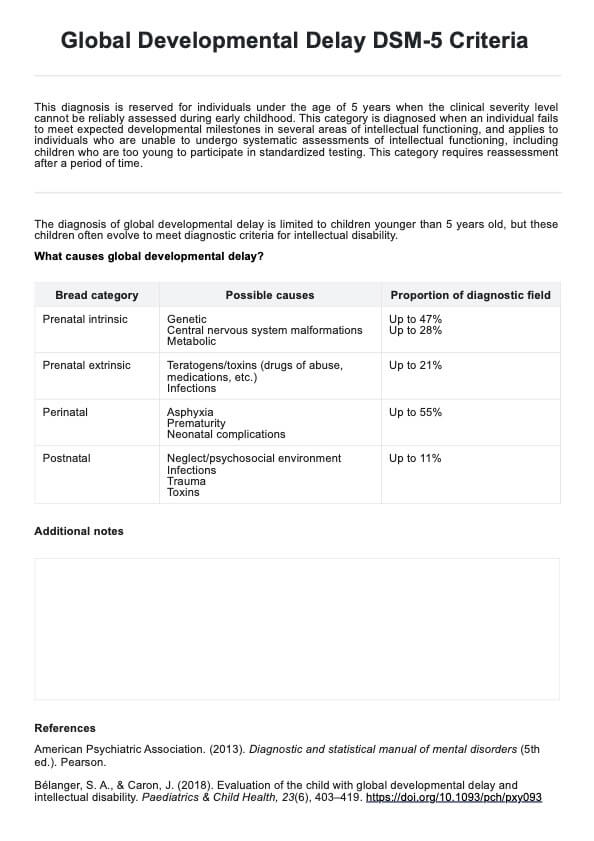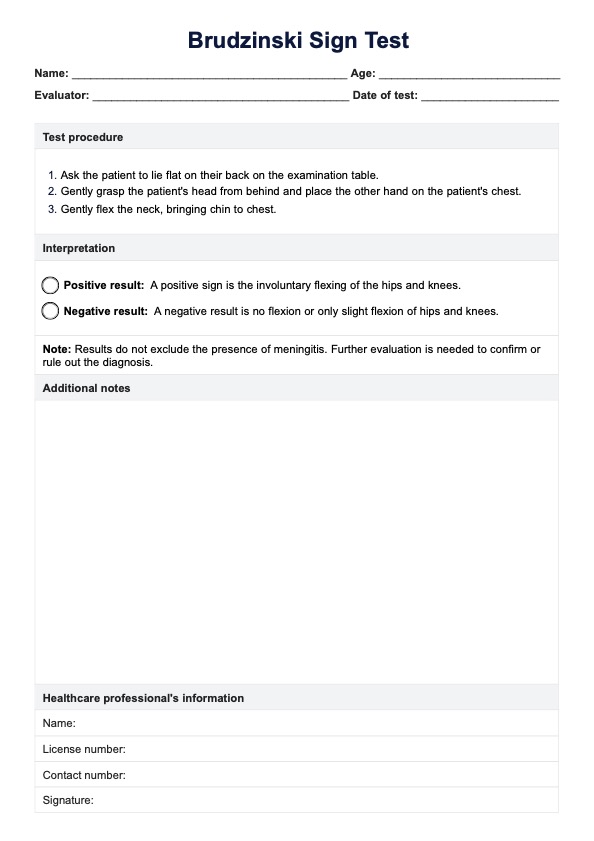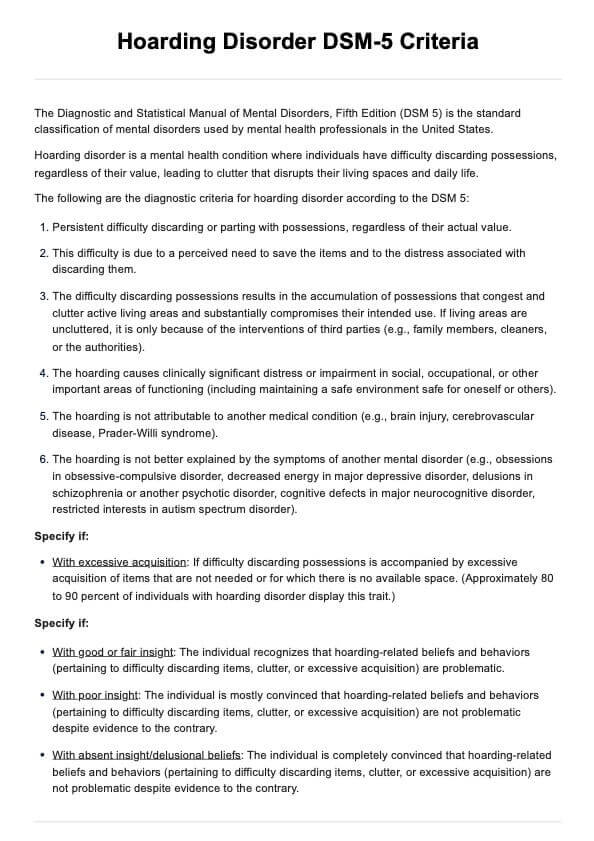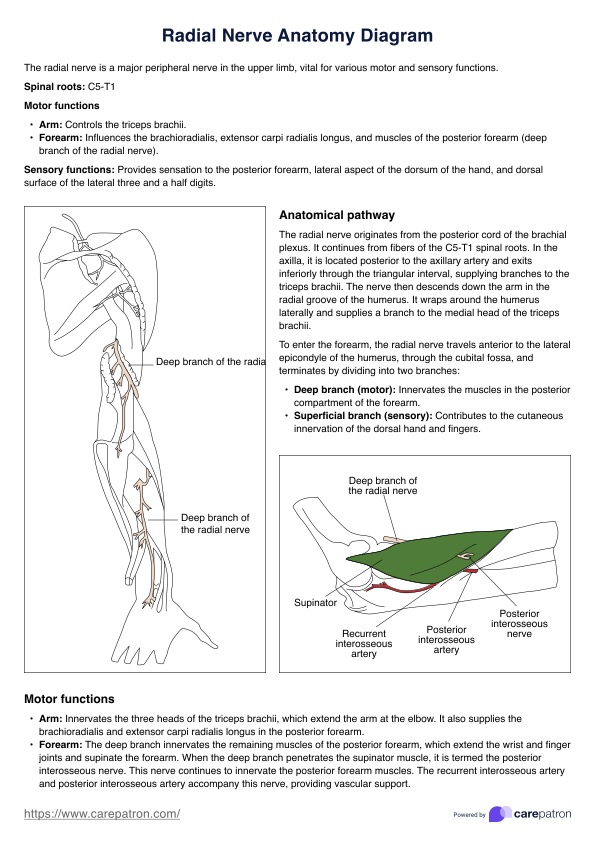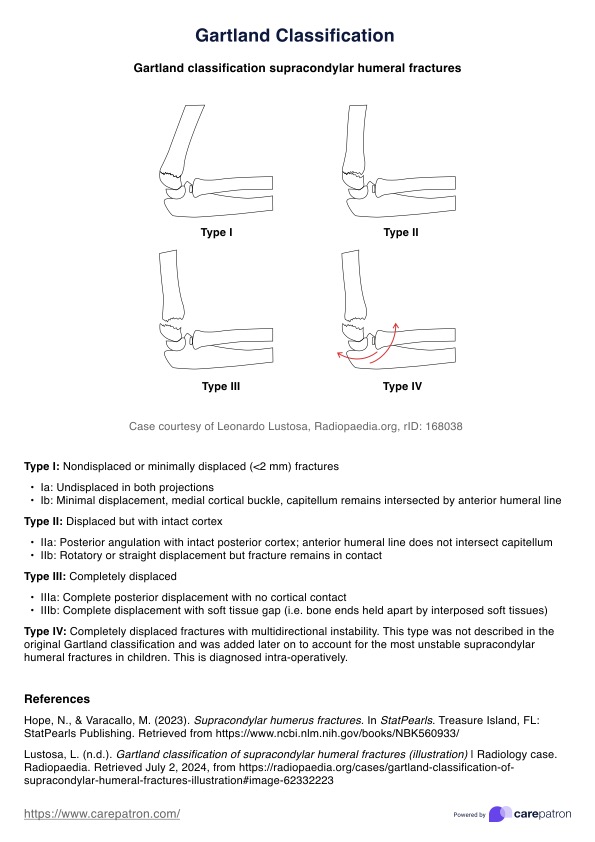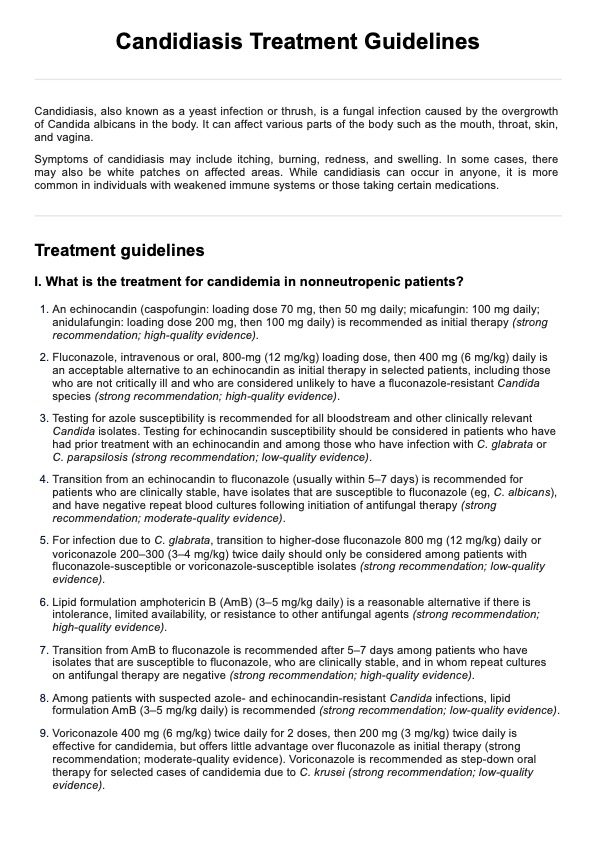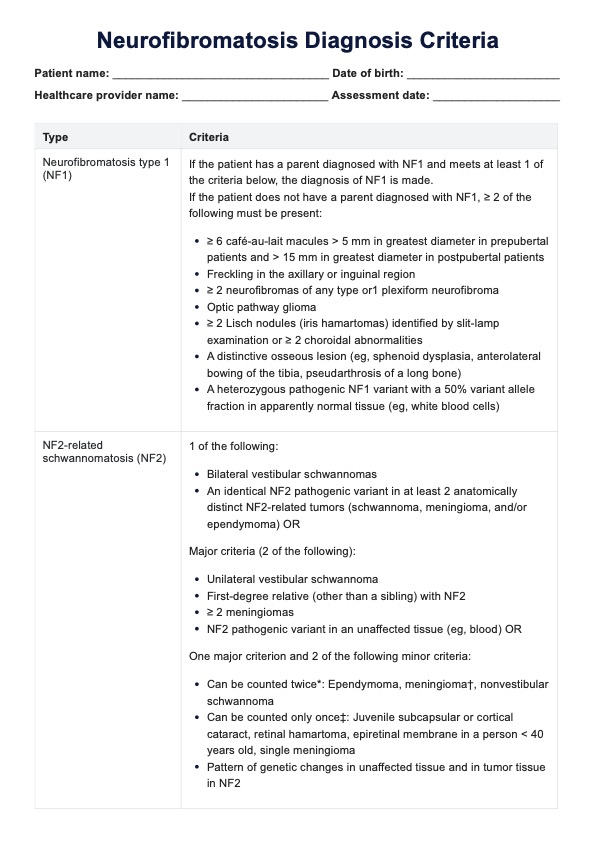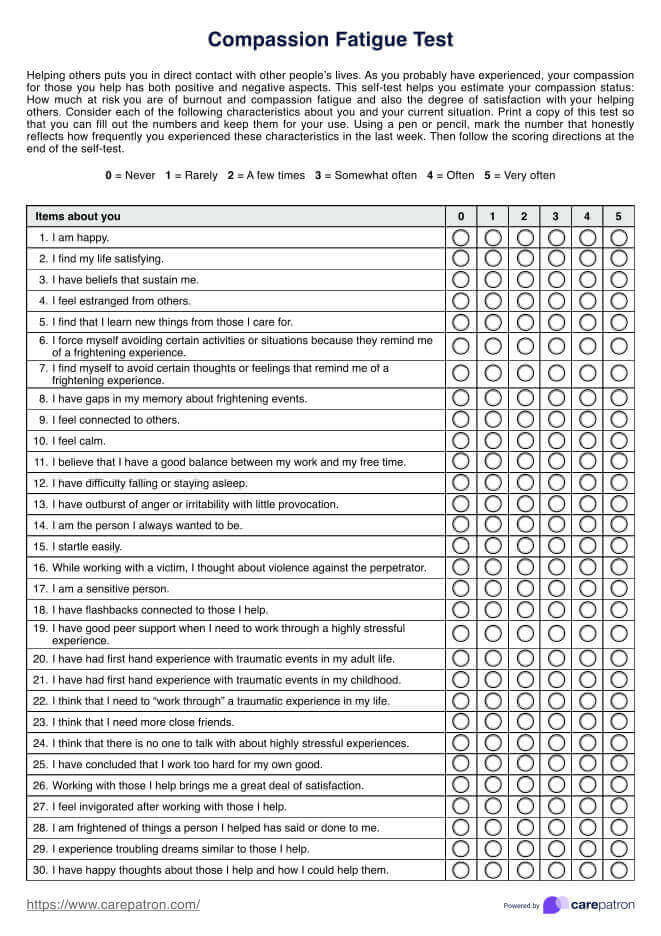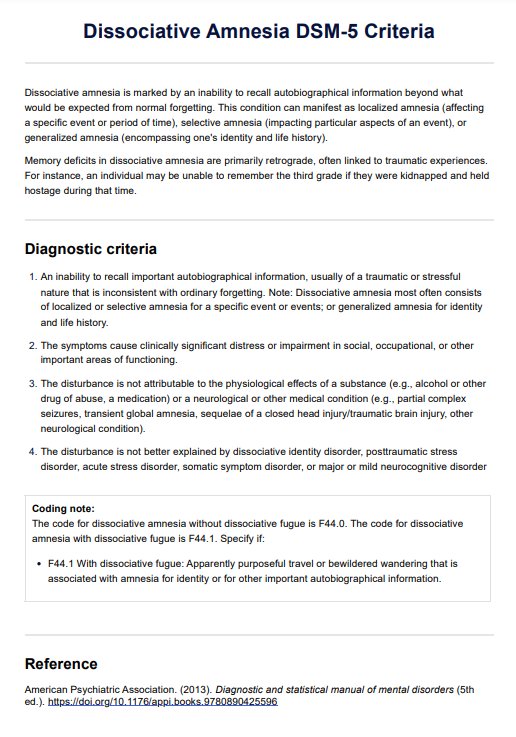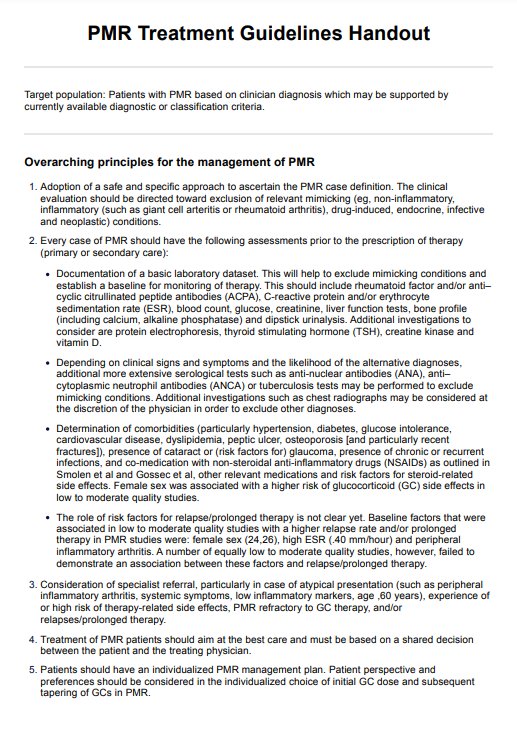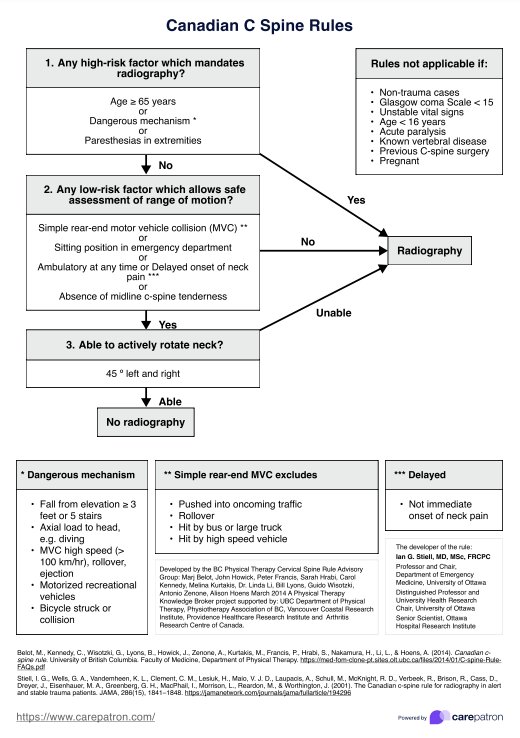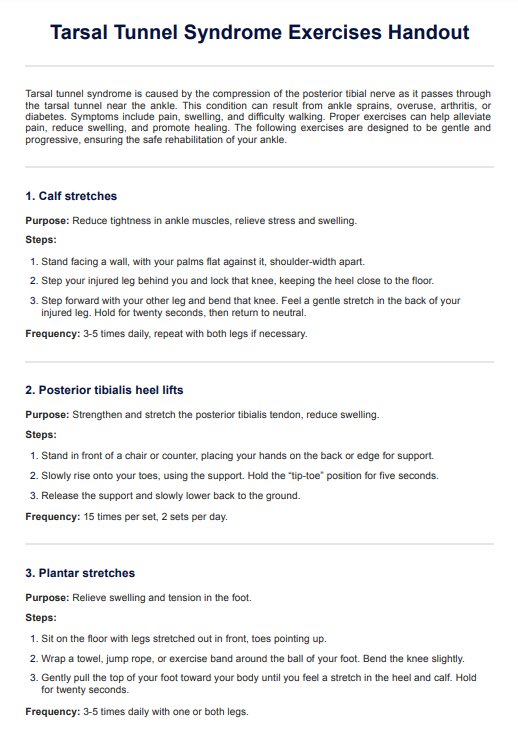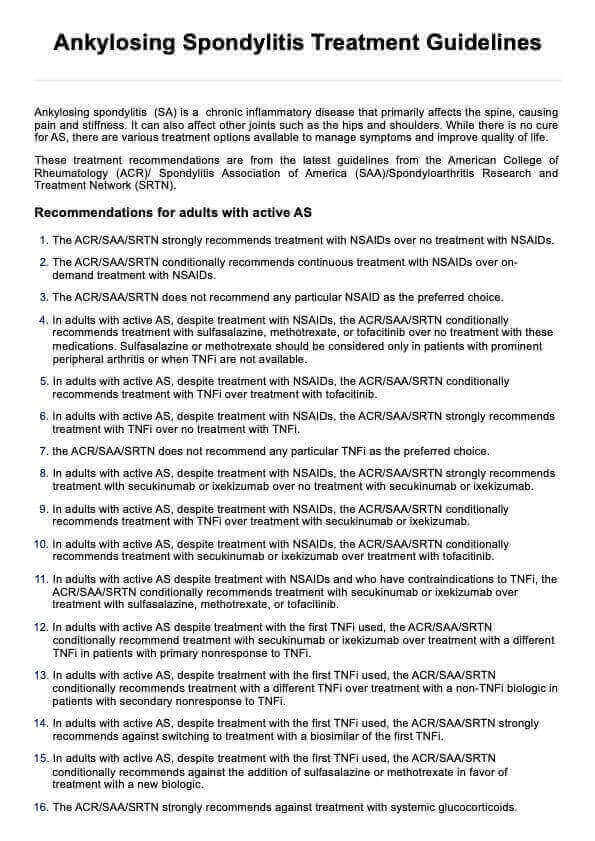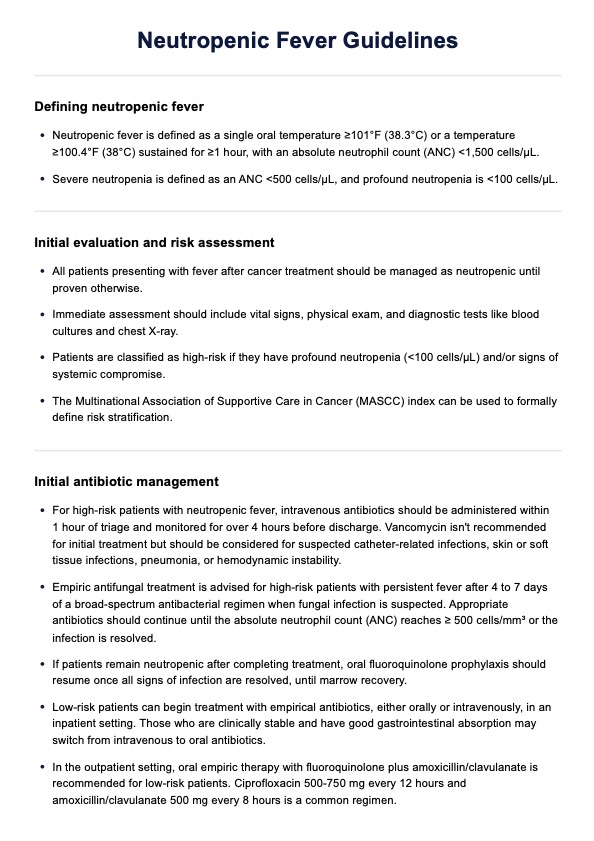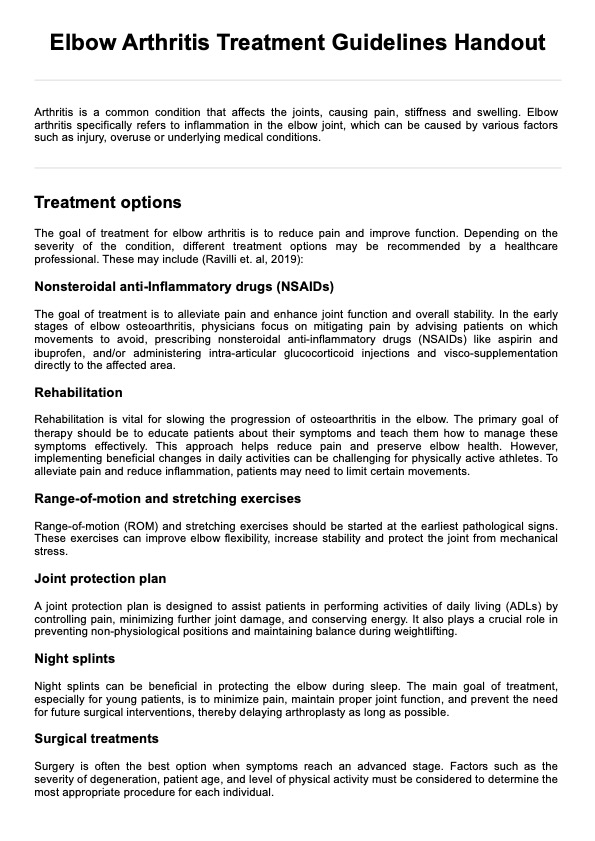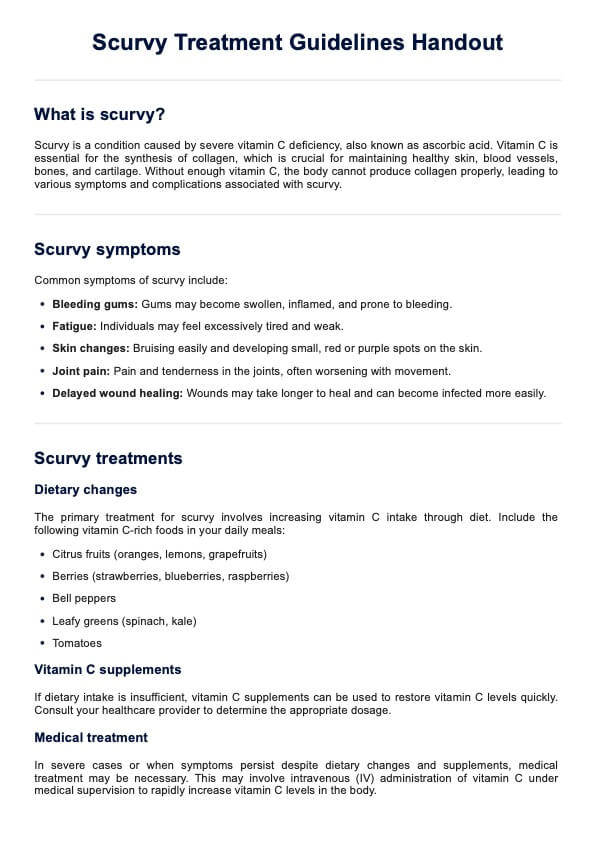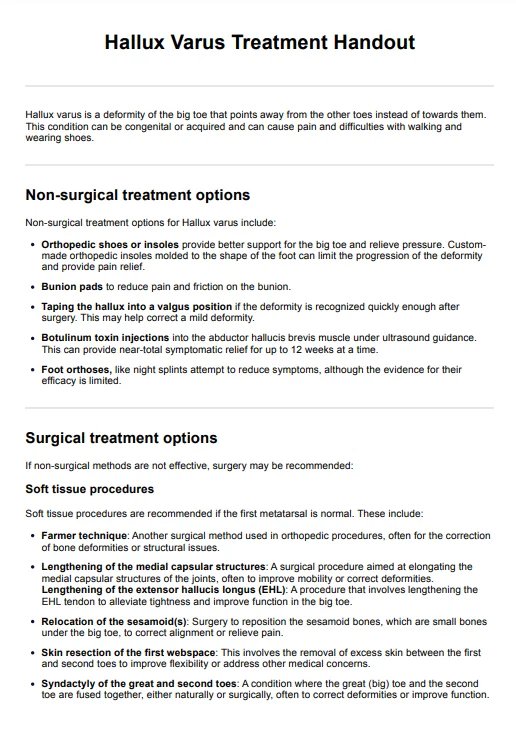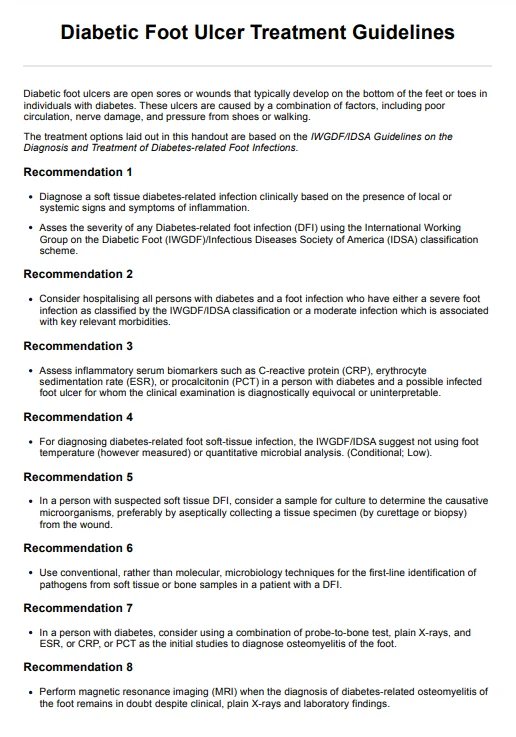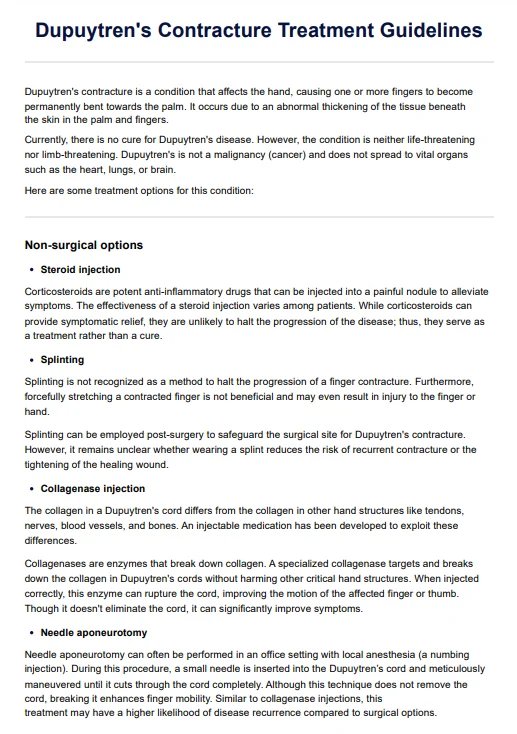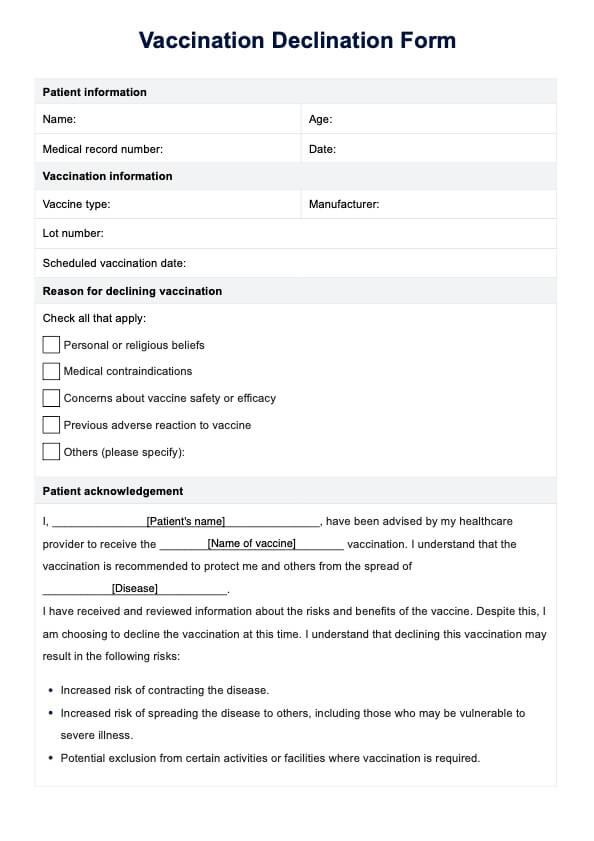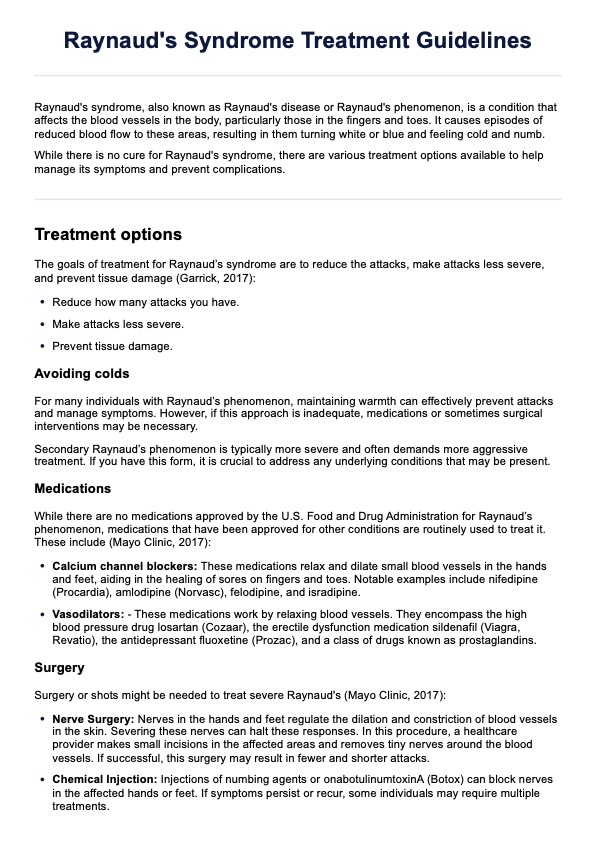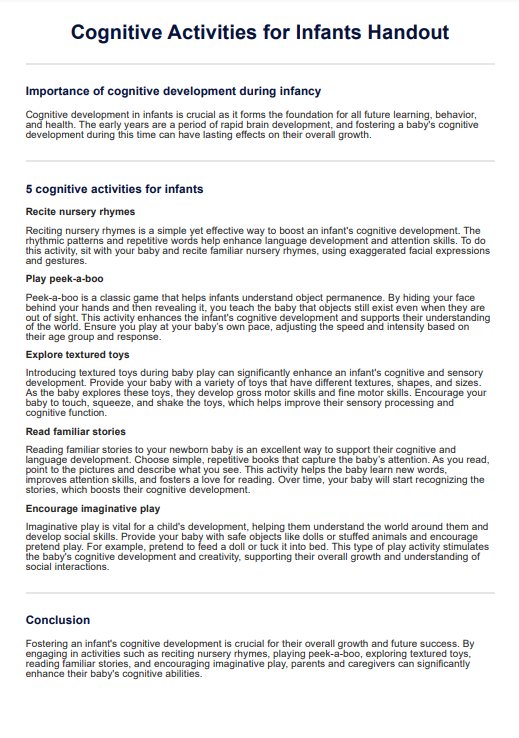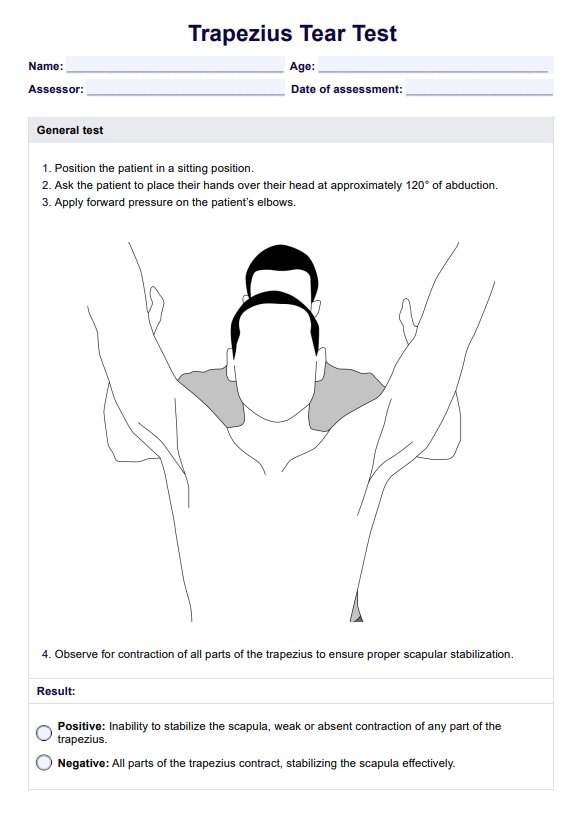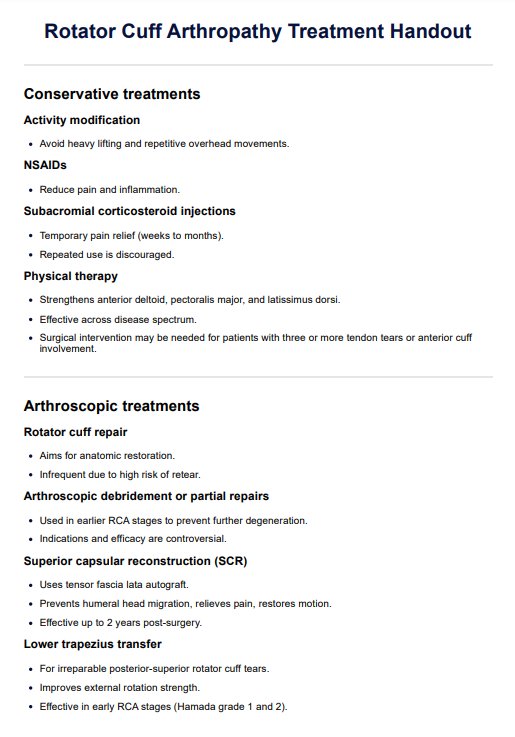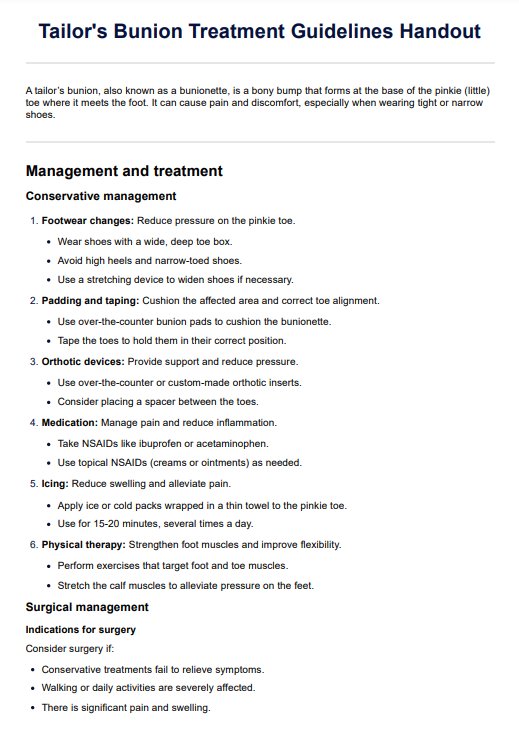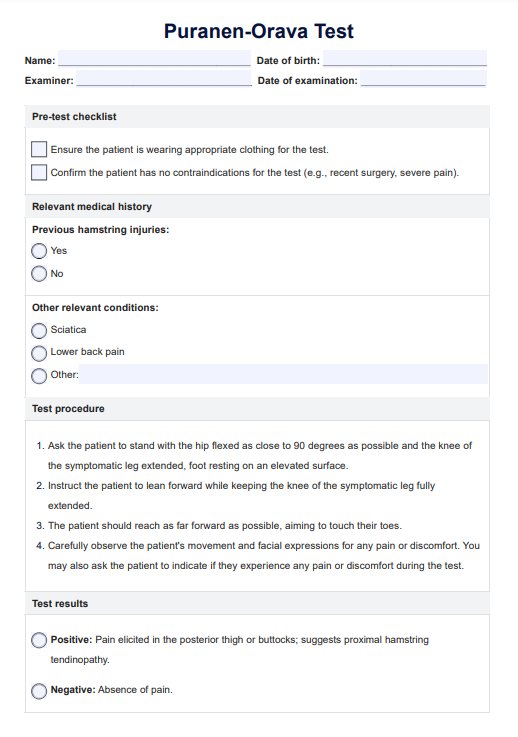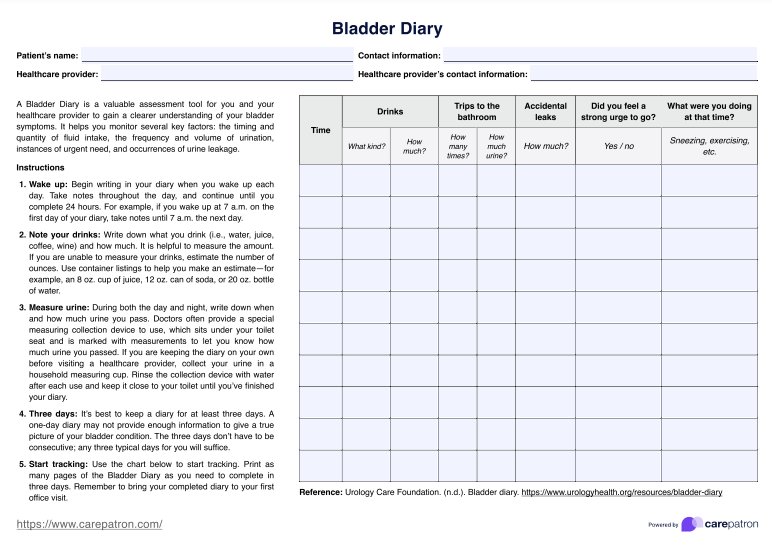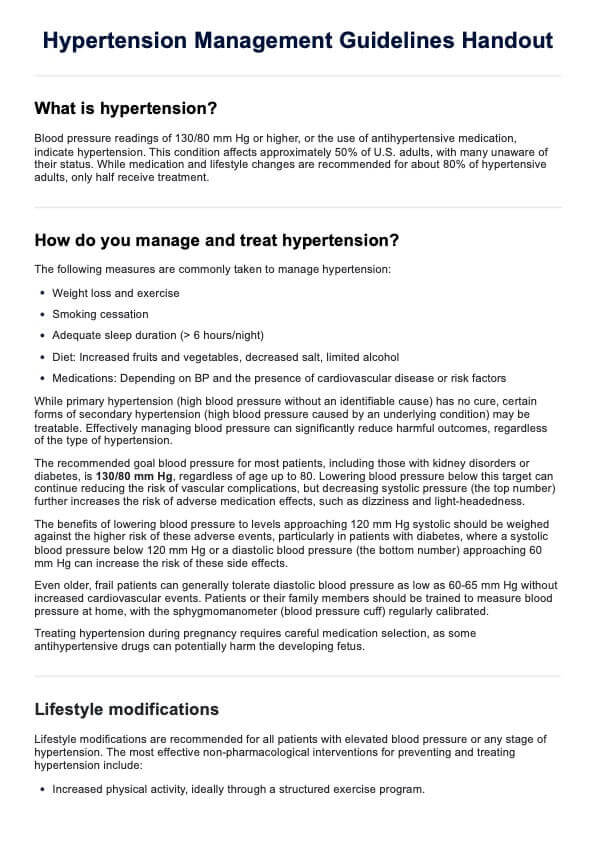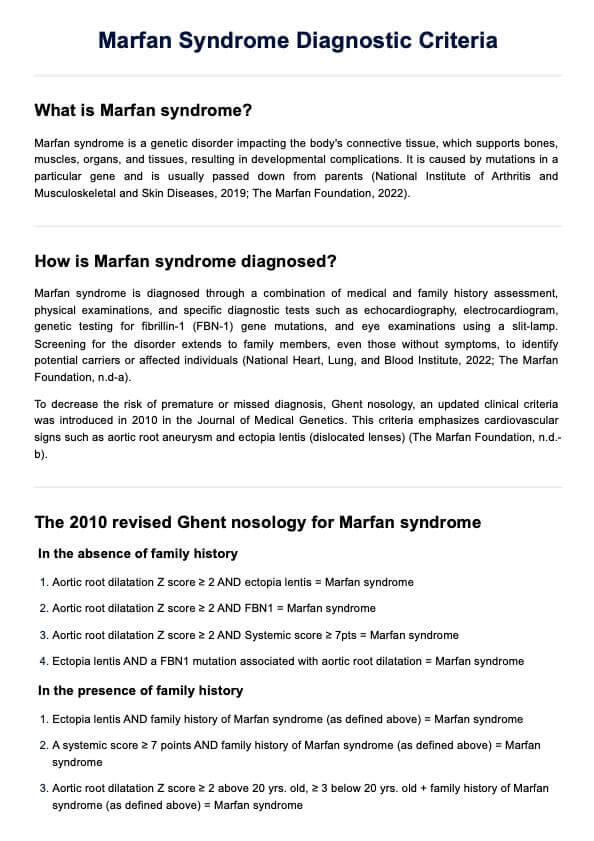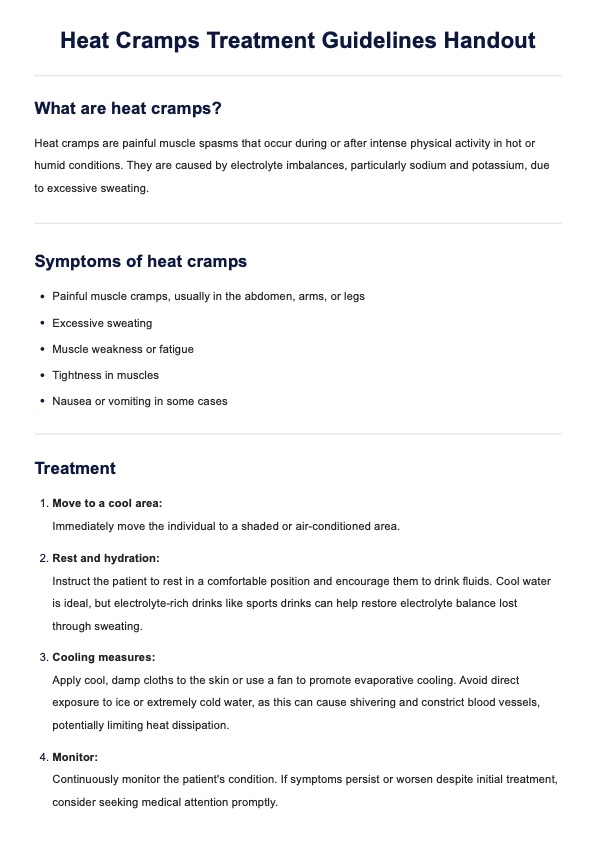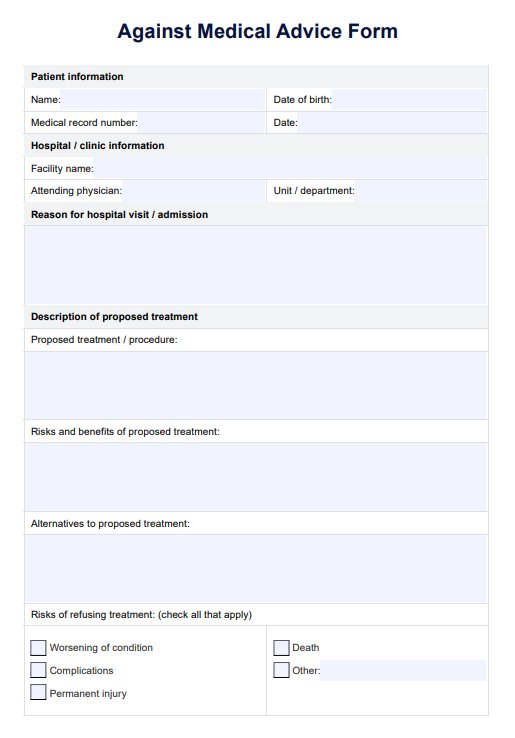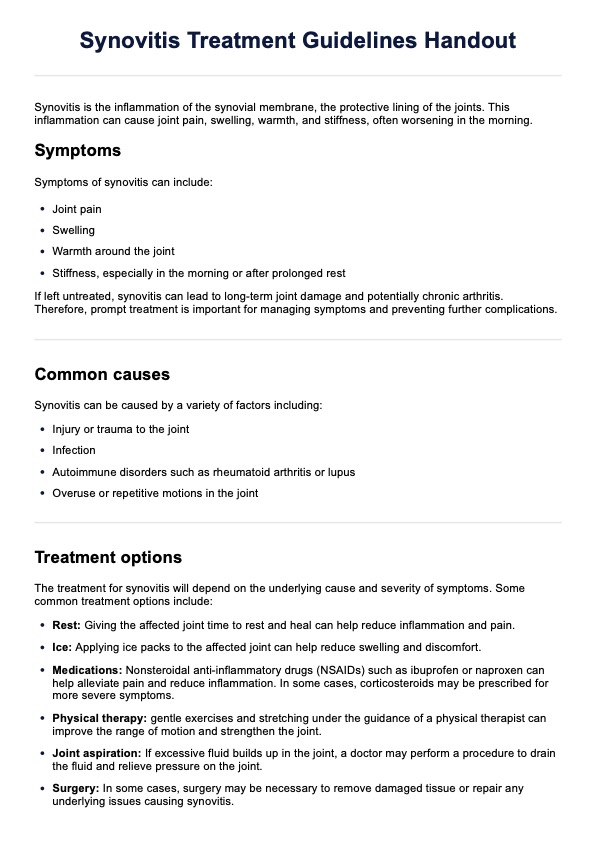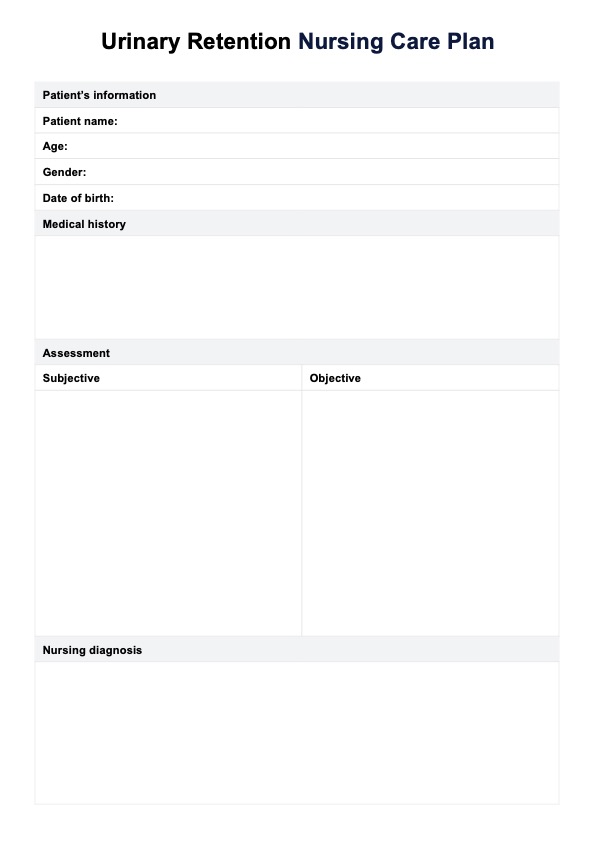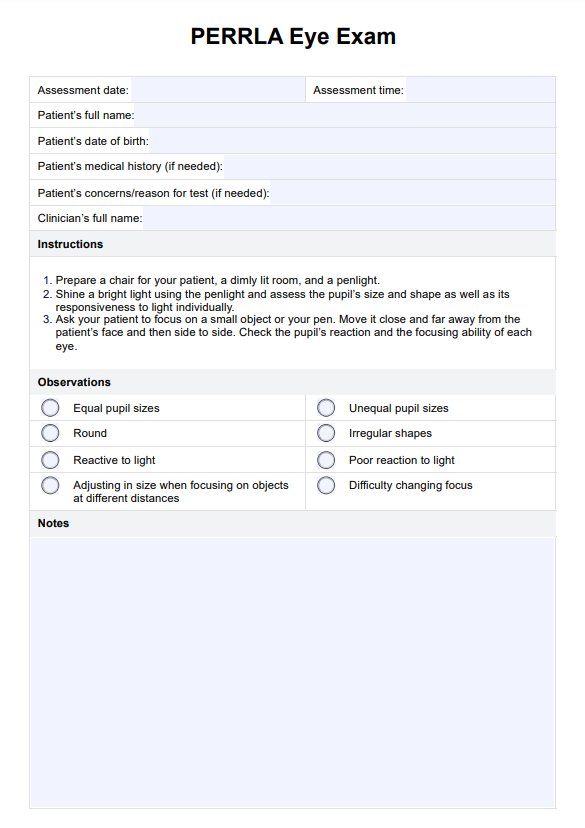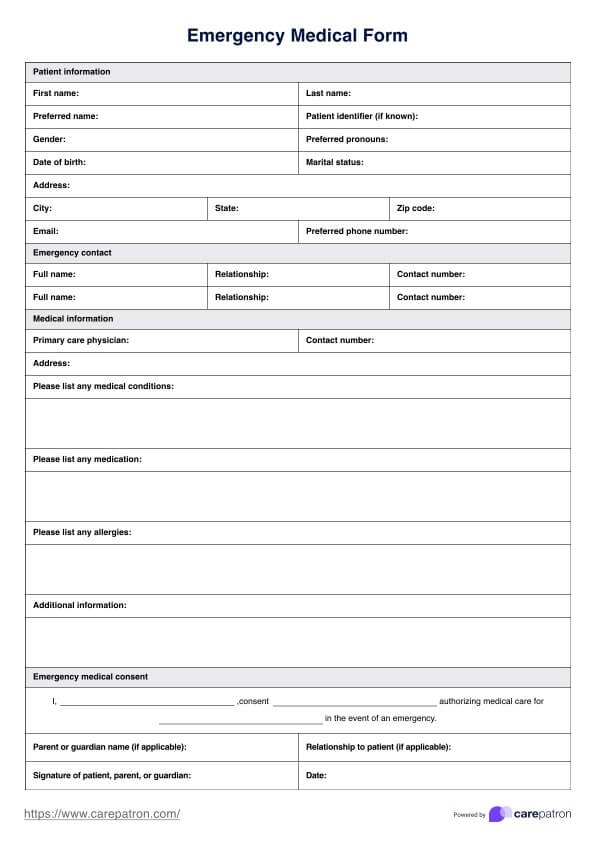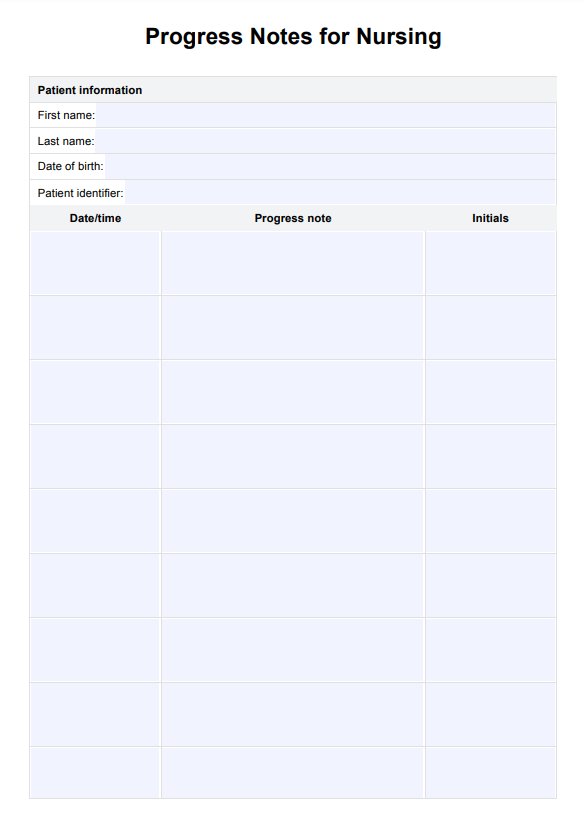Asthma Nursing Care Plan
Enhance asthma management with the Asthma Nursing Care Plan Template. This tailored resource helps facilitate thorough assessments and targeted interventions.


What is an Asthma Nursing Care Plan?
An Asthma Nursing Care Plan is a detailed, structured approach designed to help healthcare providers manage and treat patients with asthma effectively. Asthma is a chronic inflammatory disease of the airways, which can lead to breathing difficulties, wheezing, and chest tightness. The care plan focuses on addressing the key asthma symptoms, such as shortness of breath, cough, and wheezing, while also preparing for potential asthma exacerbations.
The plan outlines steps to manage both routine care and acute exacerbations like an asthma attack. It includes preventive measures, such as monitoring peak flow readings, educating patients on how to avoid triggers that might exacerbate asthma symptoms, and creating action plans for managing exercise-induced asthma. During an asthma exacerbation, the nursing care plan assists in preventing complications like respiratory failure by emphasizing timely intervention and medication management.
By following the Asthma Nursing Care Plan, healthcare providers can reduce the frequency of asthma attacks, improve overall respiratory function, and minimize the risk of severe outcomes. This proactive approach is essential for individuals with asthma to maintain control over their condition and prevent life-threatening events.
Asthma Nursing Care Plan Template
Asthma Nursing Care Plan Example
How does it work?
Carepatron’s Asthma Nursing Care Plan is designed to help healthcare professionals efficiently manage asthma patients. By using this customizable template, medical providers can create tailored care plans that address specific patient needs, reduce asthma symptoms, and prevent exacerbations. Follow these steps to implement the care plan successfully.
Step 1: Access the nursing plan template
To get started, you can easily access Carepatron’s Asthma Nursing Care Plan template within this guide. This template provides a structured layout for managing asthma care, making it simple for healthcare providers to plan patient care from assessment to follow-up.
Step 2: Input necessary patient details
Once you've accessed the template, input the patient’s basic information, including medical history, asthma symptoms, and any previous asthma exacerbations. Documenting these details ensures the care plan is personalized, addressing specific concerns like exercise-induced asthma or potential triggers that could exacerbate asthma symptoms.
Step 3: Customize plan according to patient's needs
Each patient’s asthma condition is unique. Customize the Asthma Nursing Care Plan to reflect individual needs. Tailoring the plan helps to prevent acute exacerbations and improve overall asthma control.
Step 4: Provide patient education
Education is a crucial component. Use the care plan to educate patients on managing their condition, avoiding triggers, and recognizing early signs of an asthma attack. Teaching patients proper inhaler use and asthma attack prevention techniques is vital for long-term disease management.
Step 5: Discuss next steps
Finally, review the next steps with the patient. This could include scheduling follow-up visits, adjusting medications, or monitoring for potential asthma exacerbations. Providing a clear roadmap ensures patients are prepared to manage their asthma, reducing the likelihood of complications such as respiratory failure.
When would you use this template?
The Asthma Nursing Care Plan template is essential for managing patients with varying levels of asthma severity. It helps healthcare providers respond to different clinical situations where careful management and intervention are necessary to prevent complications and improve outcomes.
Managing acute asthma exacerbations
This template is used during acute asthma exacerbations when patients experience a sudden worsening of symptoms. The plan helps guide immediate interventions to relieve respiratory distress, improve lung function, and reduce complications from increased mucus production.
Monitoring severe asthma cases
For patients with severe asthma or severe persistent asthma, this template is vital. It helps manage chronic symptoms, optimize medication use, and track lung health. The plan is also important for preventing asthma exacerbations and addressing factors that worsen asthma symptoms.
Addressing respiratory infections
Patients with asthma are prone to respiratory infections, which can trigger asthma symptoms and lead to exacerbations. This template provides a structured plan for managing infections, reducing inflammation, and preventing further complications that might lead to respiratory distress.
Identifying and managing risk factors
Healthcare providers use this template to identify risk factors that could trigger asthma symptoms or lead to acute asthma episodes. These include allergens, irritants, or exercise, which the plan helps manage through patient education and tailored interventions.
Responding to increased mucus production
When patients experience increased mucus production, which is common in acute asthma or severe asthma cases, the template helps guide treatment to clear the airways, improve breathing, and prevent further lung function deterioration.
Benefits of an Asthma Nursing Care Plan
An Asthma Nursing Care Plan offers numerous advantages for both healthcare professionals and patients, ensuring effective and organized asthma management. By following a structured plan, providers can reduce the occurrence of asthma exacerbations and improve patient outcomes. Below are some key benefits of using this care plan.
Prevents and manages asthma exacerbations
The care plan is designed to prevent asthma exacerbation and guide responses to acute exacerbations. By monitoring patients’ respiratory status and identifying early signs of an attack, healthcare providers can intervene promptly, reducing the risk of severe asthma events, including those triggered by viral respiratory infections.
Reduces chronic airway inflammation
Asthma involves chronic inflammation of the airways, often worsened by exposure to irritants like tobacco smoke. The nursing care plan helps manage this airway inflammation by recommending preventive measures and routine monitoring, improving long-term health and minimizing asthma-related complications.
Enhances medication administration
The care plan outlines when and how to administer medications for bronchial asthma, ensuring patients receive the correct treatments for their condition. This precise approach helps to prevent respiratory acidosis and improve breathing during an asthma attack.
Improves asthma management during viral infections
Viral respiratory infections can severely impact asthma patients, triggering acute exacerbations. The care plan assists healthcare professionals in managing such situations, adjusting medications, and monitoring for worsening symptoms, thus maintaining better asthma management during illness.
Supports comprehensive patient education
Through the Asthma Nursing Care Plan, patients are educated on avoiding triggers like tobacco smoke and managing their condition. This proactive approach reduces the likelihood of future asthma attacks and helps patients maintain healthier airways.
Commonly asked questions
An Asthma Nursing Care Plan is a structured guide that healthcare professionals use to manage and treat asthma patients. It focuses on monitoring asthma symptoms, preventing asthma exacerbations, and providing patient education to improve long-term asthma control.
The SMART goals for asthma nursing are specific, measurable, achievable, relevant, and time-bound objectives aimed at improving lung function and reducing the frequency of acute exacerbations. These goals often include optimizing medication use, minimizing exposure to triggers, and enhancing patient self-management.
An Asthma Nursing Care Plan is necessary when managing patients with persistent asthma symptoms, frequent asthma attacks, or acute asthma exacerbations. It’s also vital during situations involving respiratory infections or other triggers that can worsen asthma symptoms.
Registered nurses, nurse practitioners, or healthcare providers create asthma care plans, leveraging their expertise to tailor the plan to the patient's specific needs.


